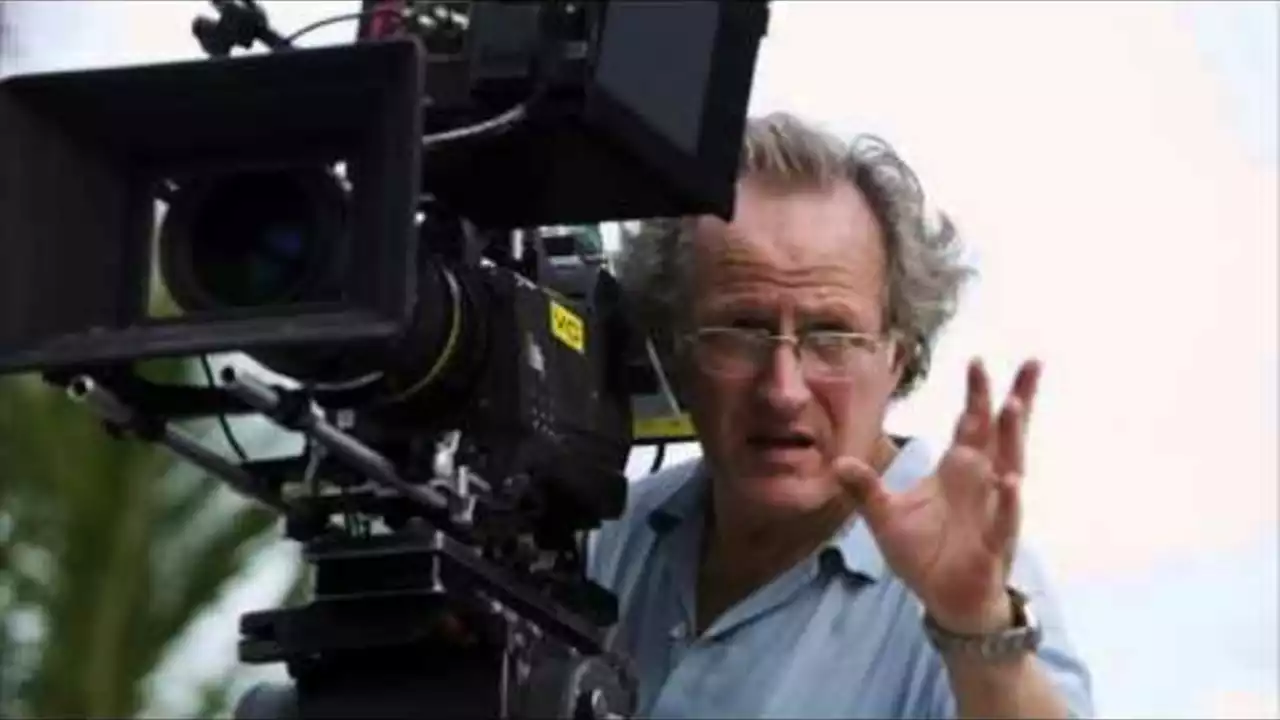Understanding the Television Production Process
Before delving into the specifics of how TV shows are recorded, it's important to comprehend the larger context of television production. The process of creating a TV show, whether it's a sitcom, drama, or reality show, is complex and involves many stages. These stages include concept development, scriptwriting, casting, pre-production, production (filming), post-production, and distribution. This process can take months or even years to complete, depending on the scale and complexity of the show.
Most TV shows are not filmed in the order they are broadcasted. This is because of logistical factors such as cast availability, location scheduling, and budget constraints. The process of filming each episode or season can therefore be quite complex and requires careful planning and coordination.
The Episode-by-Episode Approach
Some TV shows choose to film one episode at a time. This method is often used for sitcoms or dramatic series where each episode is a standalone story. The advantage of this approach is that it allows for more flexibility. If the audience response to a particular episode or storyline is not as expected, the creators can adjust the content of future episodes accordingly.
However, this approach also has its challenges. For one, it can be expensive, as it requires a consistent set-up and tear-down of production equipment for each episode. Additionally, it can be demanding on the actors and crew, who must be available for filming on a continuous basis.
The Seasonal Block Filming
Other TV shows opt for a different approach, filming all the episodes for a season at once. This method, known as block filming, is common for shows with ongoing storylines or complex narratives. It allows for greater consistency, as the entire season can be planned and executed as a single cohesive unit.
One of the major advantages of block filming is that it can be more cost-effective. It allows for bulk booking of locations, equipment, and crew, which can result in significant savings. However, this method also requires a major upfront investment of time and resources, as all scripts must be completed before filming begins.
Reality TV: A Different Beast
Reality TV shows have a unique production process. Unlike scripted shows, reality shows often film continuously over a set period of time. This footage is then edited down into individual episodes.
Since the outcome of reality shows is often unpredictable, this method allows producers to capture every moment and choose the most interesting and compelling content for broadcast. It also allows for a quicker turnaround time, as episodes can be edited and aired while filming is still ongoing.
The Role of Pilots in TV Production
Before a TV show is given the green light for full production, a test episode or pilot is often produced. This pilot is used to gauge audience interest and determine whether the show is worth investing in.
Once the pilot is approved, the show can move into full production. Depending on the show, this may involve filming one episode at a time or filming an entire season in one go.
The Impact of Streaming Platforms
The rise of streaming platforms like Netflix, Hulu, and Amazon Prime has changed the way TV shows are produced. These platforms often release an entire season of a show at once, allowing viewers to binge-watch their favorite shows.
This has led to a shift towards block filming, as it allows for a quicker turnaround time and ensures that all episodes are ready for release at the same time. However, some streaming shows still opt for the episode-by-episode approach, particularly if they are released on a weekly basis rather than all at once.
The Influence of Budget and Schedule
Ultimately, whether a TV show is filmed one episode at a time or an entire season at once often comes down to budget and schedule. Producing an entire season in one go requires a significant upfront investment and a long-term commitment from cast and crew. However, it can also result in cost savings and a quicker turnaround time.
On the other hand, filming one episode at a time allows for more flexibility and can be a safer choice, particularly for new shows. This method allows for adjustments to be made based on audience feedback and ratings.
The Future of TV Production
As technology continues to evolve and viewer habits change, so too will the way TV shows are produced. The rise of virtual reality, for instance, could lead to new methods of production and storytelling.
Regardless of the method used, the ultimate goal remains the same: to create engaging, entertaining content that resonates with viewers. Whether it's filmed one episode at a time or an entire season at once, the success of a TV show ultimately comes down to the quality of its storytelling and the talent of its cast and crew.
Conclusion: No One-Size-Fits-All Approach
In conclusion, there is no one-size-fits-all answer to whether TV shows are filmed a few episodes at a time or an entire season at once. The method used depends on a variety of factors, including the type of show, the budget, the schedule, and the platform on which it is being broadcasted.
Regardless of the method used, creating a TV show is a complex process that requires careful planning, coordination, and execution. And no matter how it's filmed, the end goal is always to deliver an engaging and entertaining experience for viewers.
